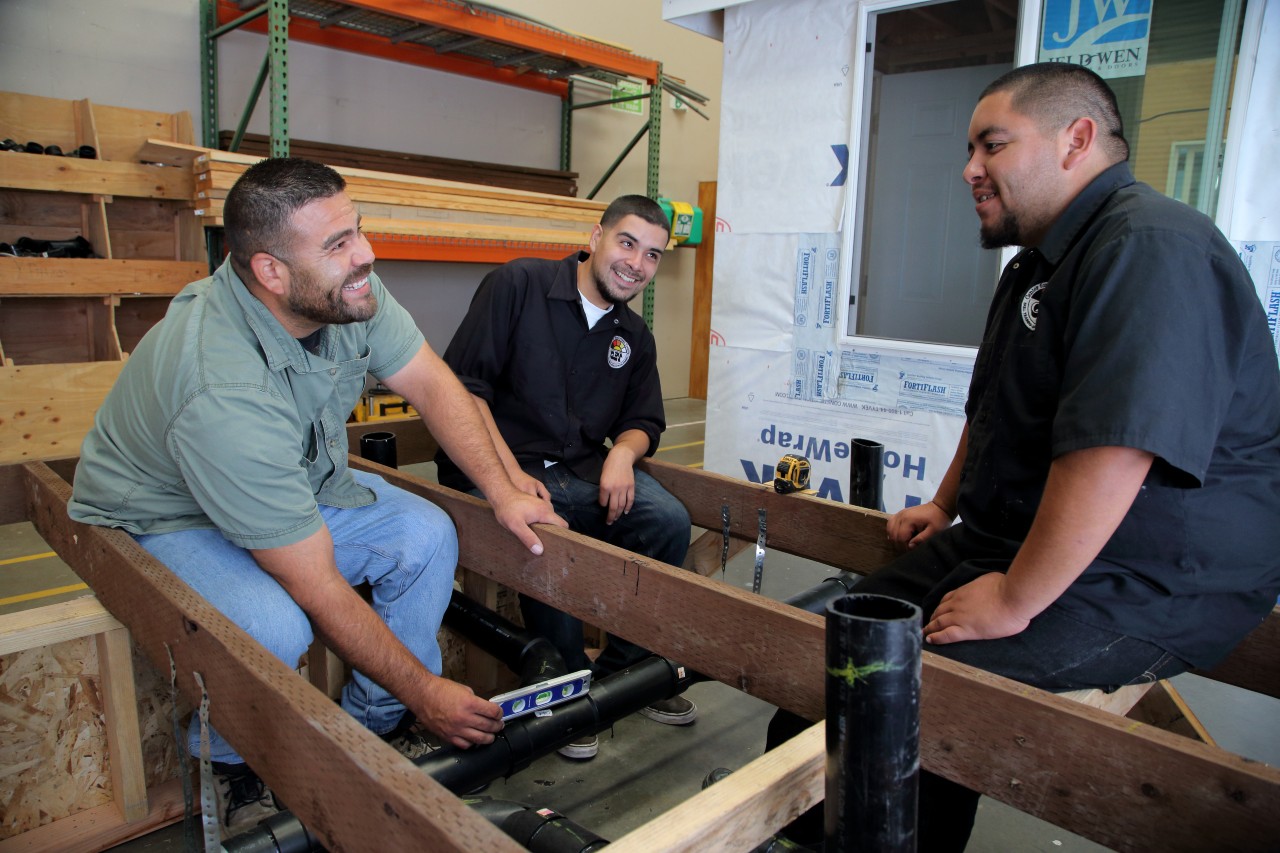Trade School, Everything You Need to Know - CET
What do trade schools do? How long does a trade school take? How much does it cost? Is a trade school right for you? You have questions, we have the...

So, do they? The answer is: most do not. Trade schools may require that you have completed high school or your GED education, pay a fee, and/or show proof of work experience to enroll in the program you want.
You can quickly learn from a trade school’s website if they require that you take the SAT exam or have a specific score for any of their programs. Some trade schools might require SAT scores due to the requirements to enter specific programs, but most will not.
The SAT, which stands for Scholastic Aptitude Test is an exam future college and university students take to be able to be admitted in the institution of their choosing. The exam tests and scores the person’s readiness level and math knowledge, which is used when applying to study certain degree programs.
But with the current pandemic situation and questions of fair admission opportunities for minority communities in the country, some schools in the U.S., especially in California, decided in 2020 to start phasing out exams like the SAT and ACT as a requirement for school admissions going forward.
Since most trade schools do not require that you take the SAT exam, the first thing to do is to look at trade schools that offer the trade program you wish to specialize in to learn about their admission requirements.
Keep in mind that just because trade school admission requirements might be different than college or university requirements, it does not mean that the education you will get is any less valuable. In fact, people specializing in different trades are in high demand today. There are around 30 million jobs that pay an average of $55,000 per year in the United States that do not require a university degree.
Trade programs focused on teaching hands-on construction skills are among those that are needed the most in the U.S.. Together with the health and wellness trade programs, they make up one-third of jobs needed throughout 2022 in the country.
Some other trades you can specialize in are welding, plumbing, electrical installation and maintenance, early childhood teacher assistant, and many more.
Some of the advantages of pursuing specialization in a trade compared to studying a 4-year program are:
Deciding to specialize in a trade can be rewarding personally and financially. After completing your program at a trade school, you will be able to enter the job market feeling confident that your skills are in demand and are at a level of expertise. The return on investment will be great, as trade careers have high earning potential, job stability, and sense of purpose.
Look for a trade school near you or check out the online programs of those not so close to you, and talk to a school advisor. Your future life awaits without having to worry about an SAT score.

What do trade schools do? How long does a trade school take? How much does it cost? Is a trade school right for you? You have questions, we have the...

Education in the United States has never been considered inexpensive but back in the mid-80s college education was more than four times cheaper on...